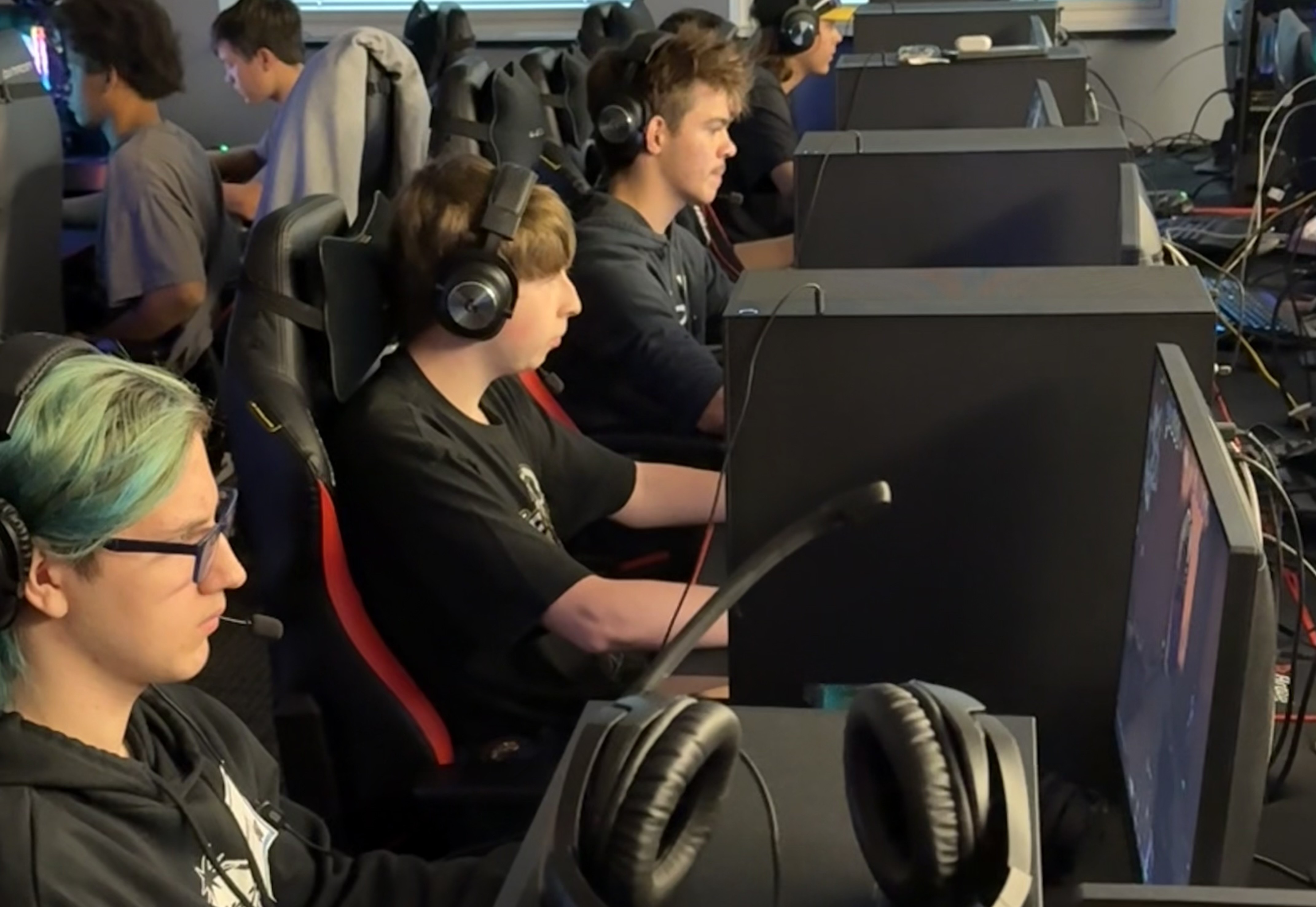Testimony from House of Representatives' STEM hearing

The U.S. House of Representatives' Subcommittee on Research and Science Education recently held a hearing to examine the role of informal environments in promoting science, technology, engineering, and mathematics (STEM) learning. During the hearing, "Beyond the Classroom: Informal STEM Education," subcomittee members heard testimony on The National Academies report, Learning Science in Informal Environments: People, Places, and Pursuits.
"The Science and Technology Committee, and our Subcommittee in particular, has made STEM education a top priority," said Subcommittee Chairman Daniel Lipinski (D-IL). "While we often examine and discuss ways to improve STEM education in the classroom, we rarely look at the many opportunities for learning elsewhere. A great deal of learning happens throughout our lives in everyday activities -- from having a conversation at the family dinner table to attending a summer camp at a zoo."
Among the expert witnesses testifying before the subcommittee was Rob Lippincott (pictured above), senior vice president of education for PBS. Rob Lippincott testified:
"There has never been a more critical time for both formal and informal science education and the continuing need to improve the quality of math and science education we provide our young people...PBS' best known role in informal education is an open, universally available broadcast invitation, designed to do exactly what the newest of the six Strands of Science Learning recommends in the recent National Academies of Science study - Learning Science in Informal Environments: People Places and Pursuits: to 'experience excitement, interest, and motivation to learn about phenomena in the natural and physical world'...Television and on-air programs, however, are a small part of the entire informal education story. On-line broadband access and digital media is dramatically changing the opportunities and challenges the nation's educators have to improve STEM education...But if we want to change learning - both formal and informal - in a lasting way, we need to prepare our teachers and care givers so that they are equipped and excited about sharing science. We need to invite them to become guides and coaches for learners and teachers of every STEM field."
For Lippincott's full testimony, go to:
http://democrats.science.house.gov/Media/file/Commdocs/hearings/2009/Research/26feb/Lippincott_Testimony.pdf
For more information on the hearing, go to http://science.house.gov/publications/hearings_markups_details.aspx?NewsID=2361.
Tools and ideas to transform education. Sign up below.
